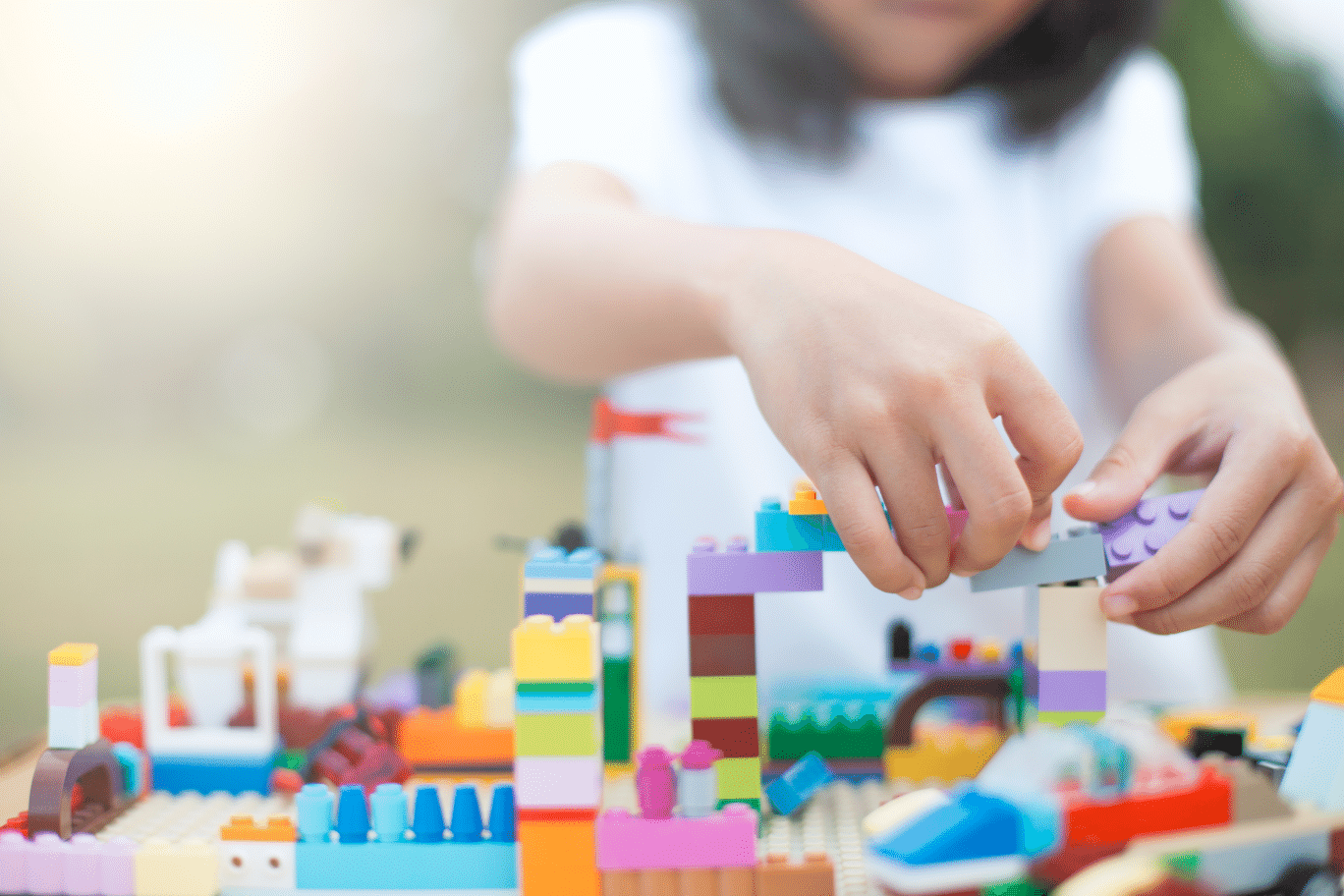Imagination has always been a crucial component when it comes to building and defining the way we think and how we see things. And seeing how research has shown that our creativity tends to decline as we grow older, you would agree that nurturing creativity among children is more important than ever. In their infancy, children are blank canvases. Their way of learning and understanding the real world depends on their imagination and interactions.
For children, imagination and creativity is the freest form of self-expression, and what this means to them is that they are able to express themselves, cope with their feelings, try out new ideas and also foster their mental growth. In fact, according to child psychologist Sally Goddard Blythe, director of The Institute for Neuro-Physiological Psychology and author of The Genius of Natural Childhood: Secrets of Thriving Children, the importance of imagination in children’s development cannot be overstated as it allows children to tap into their creativity and run with it. In case you did not know, the experiences children have during their early childhood can significantly enhance their development of creativity.
Here are five reasons why nurturing creativity and imagination is imperative to a child’s development:
Social and emotional development
During their early years, children engage in pretend play, either with one another or with their toys. Pretend play or imaginative play puts their imagination to good use as they see themselves in new roles and situations. For instance, when they play make-believe, they practice the interactions they observed in the real world, which in turn, helps them form important social and problem-solving skills. When they pretend to be someone else, perhaps a chef, they could regulate their current behaviour to mimic that of a chef, or if they imagine themselves as a superhero, they could pretend to be saving the world — all of these activities help in their social and emotional development by improving their self-esteem and giving them the confidence to become anything that they want.
Moreover, imagination is also beneficial to the social aspects of children. Through pretend play, children can learn to put themselves in other’s shoes and see things from a new perspective. Navigating newfound feelings will help them to see life from another person’s outlook, thus build crucial empathy and emotional intelligence in children.
Formulating creative problem-solving skills for the future
At their youth, children need an abundance of opportunities for creative play that are built around their interests. Fostering creativity can be done, provided children are offered a wide selection of creative materials and experiences. Drawing and colouring are good ways to start, but children can also experiment in photography, joining field trips, dabbling in music, working with block toys and so much more.
As children are provided with endless opportunities to explore and further pursue their ideas, they will also learn how to plan, design, construct, experiment and revise project ideas, all of which can help boost their creativity and develop certain problem-solving skills years down the road.
Building communication skills
Language and communication are the focal points of children’s activities as they engage in situations that allow them to take on different roles. When they role-play, they will learn to utilise certain methods of verbal and social skills as they attempt to impersonate the characters they portray. By doing so, children get to experiment with language and vocabulary as they try to string together sentences to communicate with one another.
Although some words could be gibberish and nonsensical when they deconstruct the meaning behind words, they will learn to strengthen connections between written and spoken words, thus improving their listening and communication skills.
Exploring inner-self and strengths
Every child has untapped potential and strengths waiting to be discovered. When strengths and interests are combined, children can develop their passions certainly. Strengths can be developed in early childhood, and one of the many ways to do that is by using play to cultivate children’s imaginations. During these plays, children are free to express and exercise their strengths openly. One can observe where their interests might lie, how they socialise, and how they see themselves through plays.
Just as it is important to find your child’s strengths, it is also important to look out for things that are not going well for your child. This is to determine which areas need improvement. Knowing your child’s strengths and weaknesses can help them to build their self-esteem and work on their weaknesses.
Highly intellectual and confident
Children can become well-versed and confident at a young age, provided they are given the right education early on. When a child is exposed to regular plays that require constant creativity and imagination, their learning skills and memory will be improved. Moreover, free play also enhances the development of language, spatial intelligence, counterfactual reasoning, and mathematical skills.
Research has indicated that play brings a lot of benefits to children. Some examples include the growth of brain cells, higher concentration in academic tasks when given an adequate amount of playtime and improving language and creative problem-solving skills. Furthermore, it is said that children who engage in imaginary plays tend to have greater self-regulation skills and the ability to reason counterfactually.
Overall, these playing experiences allow children to run wild with their dynamic creativity and imagination, which further enhances children’s development. If you would love to let your child express themselves creatively and discover their interest through play, why not give play-based learning a try?
Our enrichment programme and classes are established to help children learn in a fun and exciting manner as we believe using the right approach will get children to be interested in learning the most important subjects today, such as arithmetic, physics, and mechanical and software engineering. For more information about our enrichment programme, get in touch with us now.





